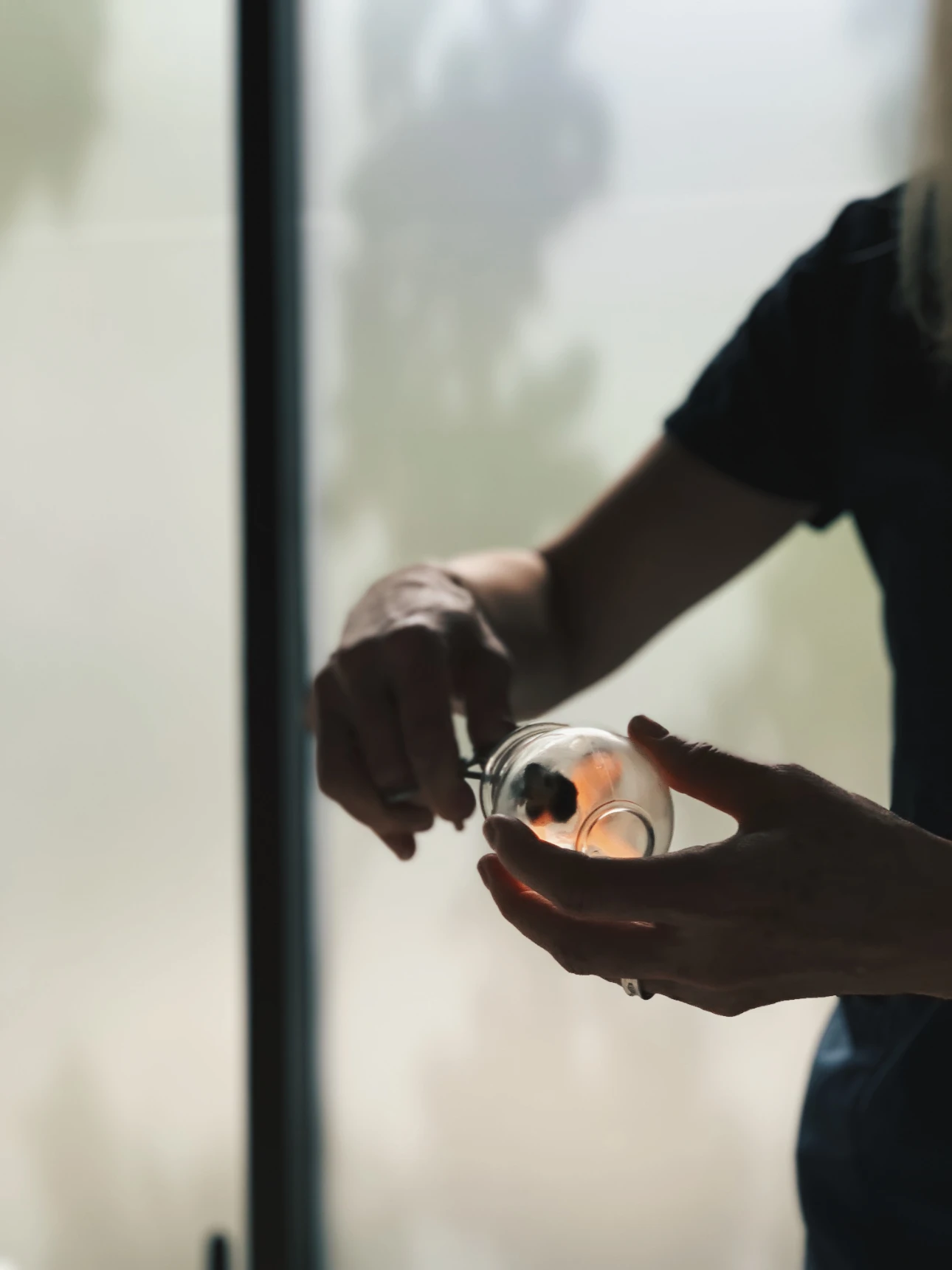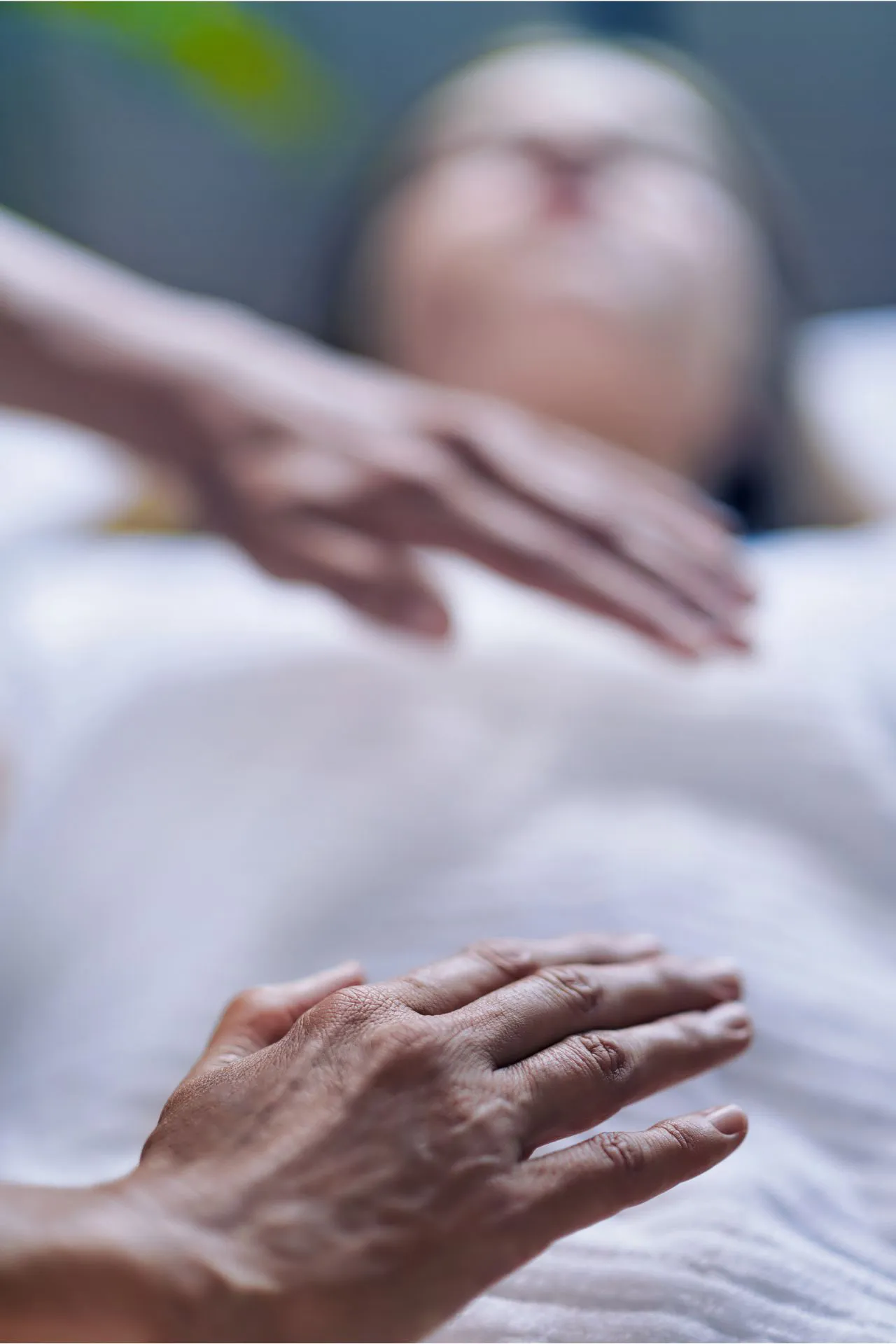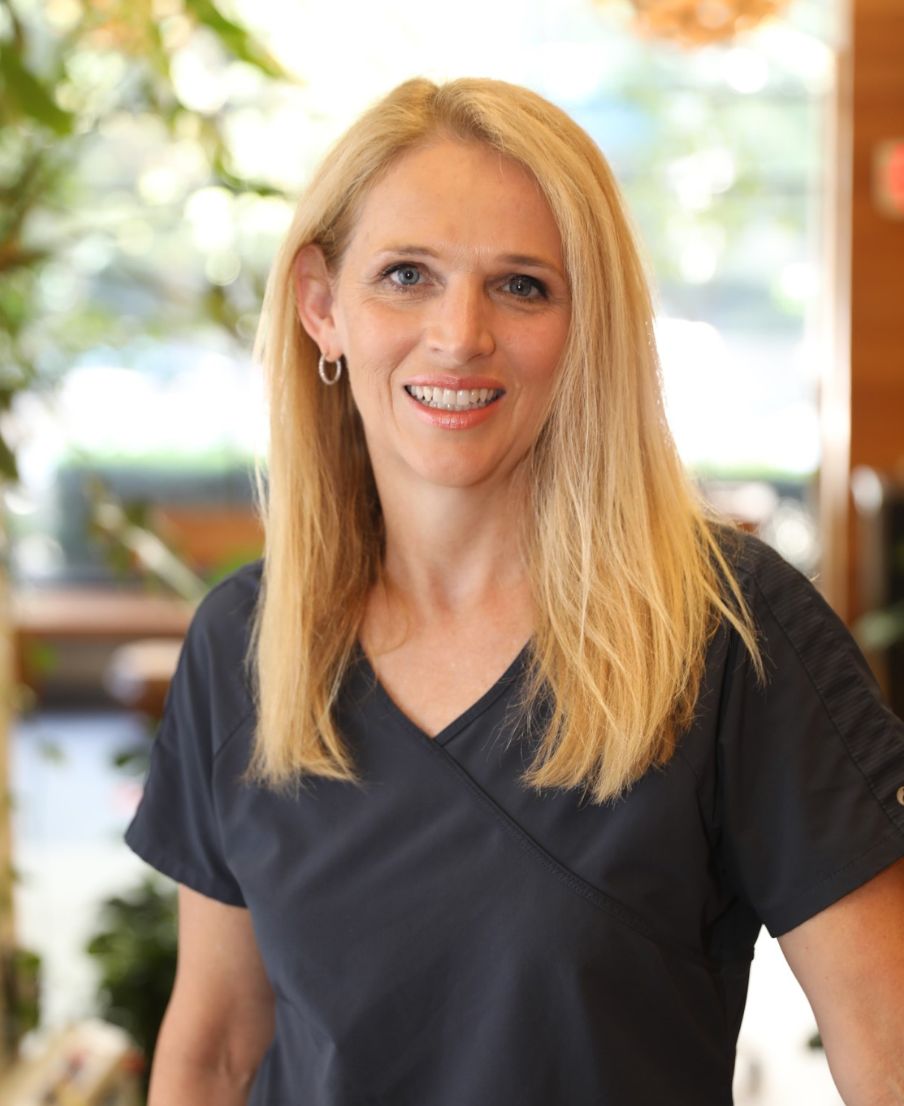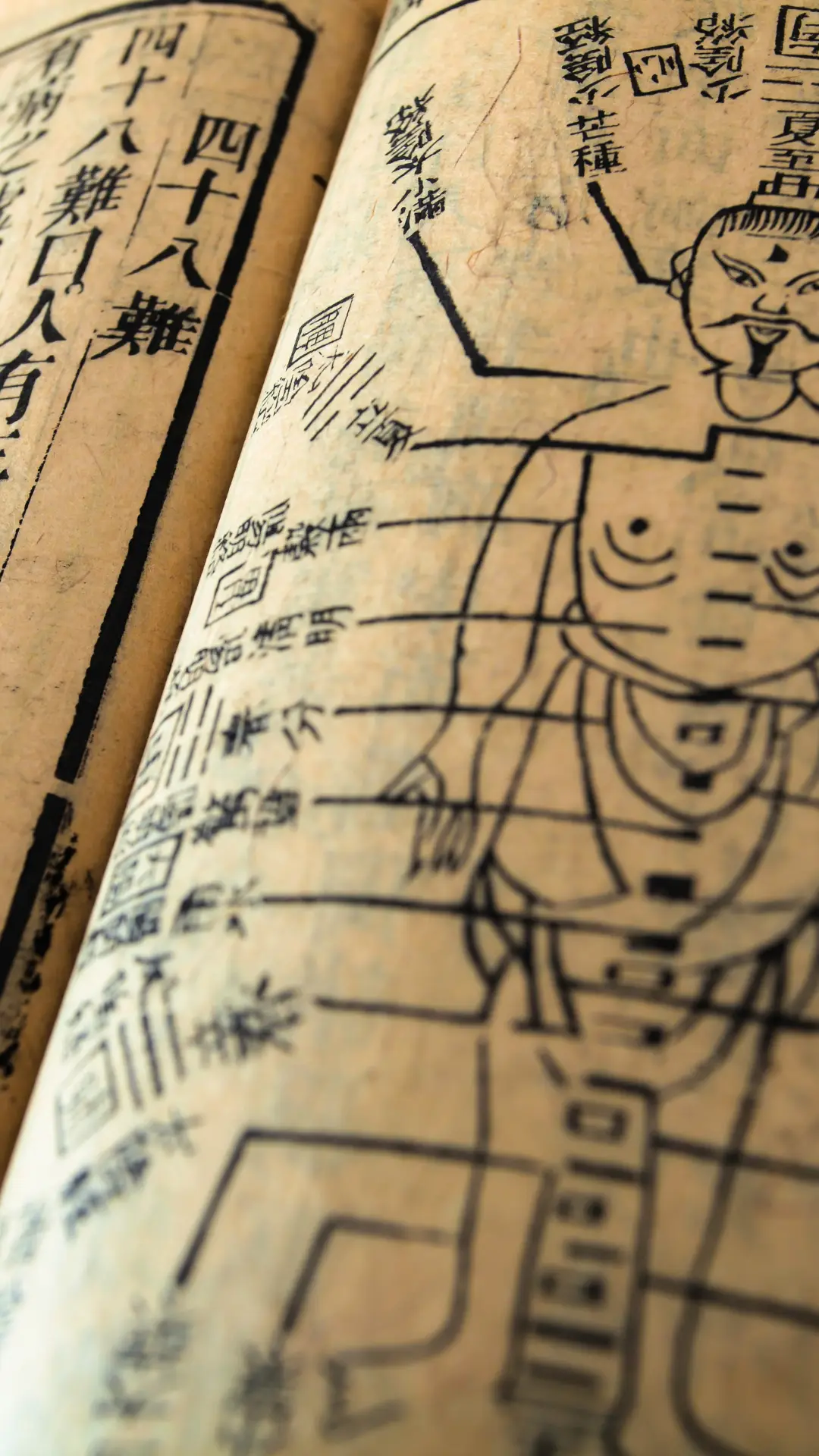Why are Love and Compassion Are Critical to Healing Trauma
As humans we not only track another person’s movements but also their emotional state and intentions. When we are in sync with each other we mirror each other: our voices, our stance, our facial expressions and mood. For example if someone is happy, positive and smiling, we feel that and adapt to that. We actually have mirror neurons that are constantly registering these experiences and our bodies are making adjustments based on these experiences.
We as a species are VERY attuned to subtle emotional shifts in people – deep exhale, changes in expression even subtle shifts like a raised eyebrow, leaning back and folding arms, all of these gestures no matter how subtle and unconsciously we make them signal whether this is a safe situation or an unsafe situation.
When someone sees me and their face lights up I am unconsciously tracking this but subconsciously I will relax and feel safe. And it is very likely I will great them with a smile.
Conversely if they are angry, my first instinct is to pause, guard, search their face for anger cue. Often when someone is angry with us we will become defensive, and depending on the situation become angry too. This is how mirroring works. We are unconsciously responding to people’s facial and physical cues all the time. It’s how we measure safety.
Now why is mirroring so important to people who have been traumatized? The root of it has to do with validation. When we are happy to see people, we validate them with our responses. We smile. We listen to them when they are speaking to us. In short, we are present. Being present with someone signals that they are important. They are worthy of time and attention.
Our Social Relationships Can Either Save Us or Trigger Us
According to Stephen Porges, the researcher who introduced Polyvagal Theory,
When we are seen and heard by the important people in our lives – our parents, our spouse, our friends, bosses or teachers – in short, our support system – we feel calm and safe. And why when we are ignored or dismissed can trigger rage or mental collapse.
When people provide focused attunement, when they pay attention to us, hold the space and actively listen, this can shift us out of a disorganized and fearful state into a calm grounded state.
Our social relationships can either save us or trigger us – it’s just that simple. Being able to feel safe with other people is, according to Bessell Van Der Kolk, The Author of The Body Keeps the Score, the single most important aspect of mental health – safe connections are fundamental to meaningful and satisfying lives.
So when something bad happens like a car accident and you end up in the hospital your social support will be the most powerful protection against becoming overwhelmed by stress and trauma. Were you cared for after something bad happened? Was there love and attention?
Unconditional Love and Compassion are the Keys to Healing
This is how healing occurs after a trauma occurs. It is not enough to have your basic needs met during a time of crisis i.e. the loss of a spouse, reciprocity is being truly heard and seen by people around us. Feeling that we are held in someone’s mind and heart – we were loved and cared for. We need reciprocity for us to calm down, for our bodies to calm down and not stay in trauma and flight mode. We need that visceral feeling of safety we also need to have love and comfort from the people around us. Unconditional love and compassion are the keys to healing.








